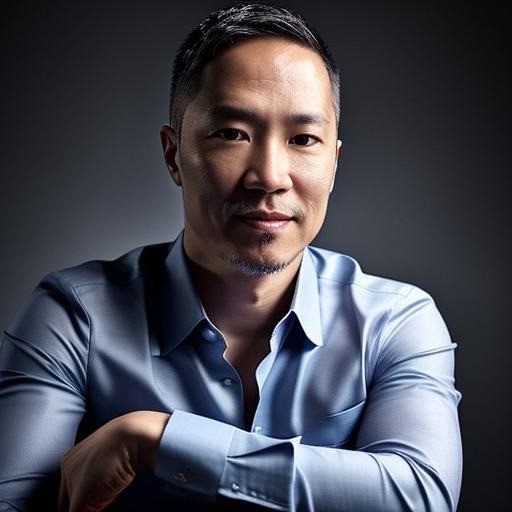Hi, everyone, my name is Nathan Chung.
I am a global neurodiversity and disability and accessibility champion.
For the topic of DEI, I believe that the keys to DEI, is going to be neurodiversity and accessibility, and that these are the keys to, to get more women and nonbinary people into stem fields such as IT and cybersecurity.
First, let’s start with what neurodiversity is.
So neurodiversity is a umbrella term used to describe various conditions, just autism, ADHD, dyslexia, dyspraxia, Tourettes, and many and many more.
For I myself, I am a person with autism, ADHD, and complex PTSD.
So at the high level ND women in particular traditionally been shut out of the workforce or have difficulty entering the workforce because of ableism and the negative stigma around disability.
Because at a high level, you can, you can think of it as people are just afraid of people who are different, who, who don’t fit in the same box, who don’t act the same way as everyone else does.
Traditionally and historically, when a person is different, we at least fear them, and some people hate what they don’t know or understand.
It is very similar to the X-Men TV series, comics, movies where people are, people are different, they have powers, and people fear them.
So to help dei initiatives, you need a lot of pieces.
First, start with people.
Managers can help their neurodivergent staff by understanding, know what neurodiversity is, providing reasonable accommodations and support, and also providing reasonable working conditions.
For example.
Many neurodivergent people work best working remote, and with the return to office mandates, many people such as myself struggle at times working in the office.
So by offering flexible work schedules and ability work remotely and from home, it helps people such as myself.
Next, managers can also get trained in addressing their own biases, because by default stereotypes and, a lot of the biases we inherit from growing up, from culture, from our history, from our families.
It usually paints a very negative picture of a person with disabilities.
So literally, we have to own our own, be responsible for ourselves, and to control and understand these biases and to address them internally.
Next, the technology piece.
Companies can do better job at, at providing better technology.
For example, closed captions, also noise cancelling headphones, providing written instructions, and also, providing, communication and organizational apps.
These, these go a long way to helping people with disabilities to cope in the workplace.
And overall, despite the gains made by women, women and nonbinary people with disabilities are still are, are still not supported and feel like this can’t, the can’t get a break, they can’t get in, they don’t feel supported.
So organizations as a whole can do better by providing, by again addressing the people problem, and by providing technologies.
And the ultimate result of all this is a better, more diverse, inclusive workforce, better working conditions for everybody and making sure that people are provided what they need to thrive.
One of the biggest things I tell people, especially managers, if you want a person to thrive no matter who they are, you need to understand, acknowledge their differences, and just ask them what do you need, what do you need to, do they need?
Asking that one question goes across all the checkboxes and can help people to get what they need and thrive.
Thank you, and have a great day.
Nathan


